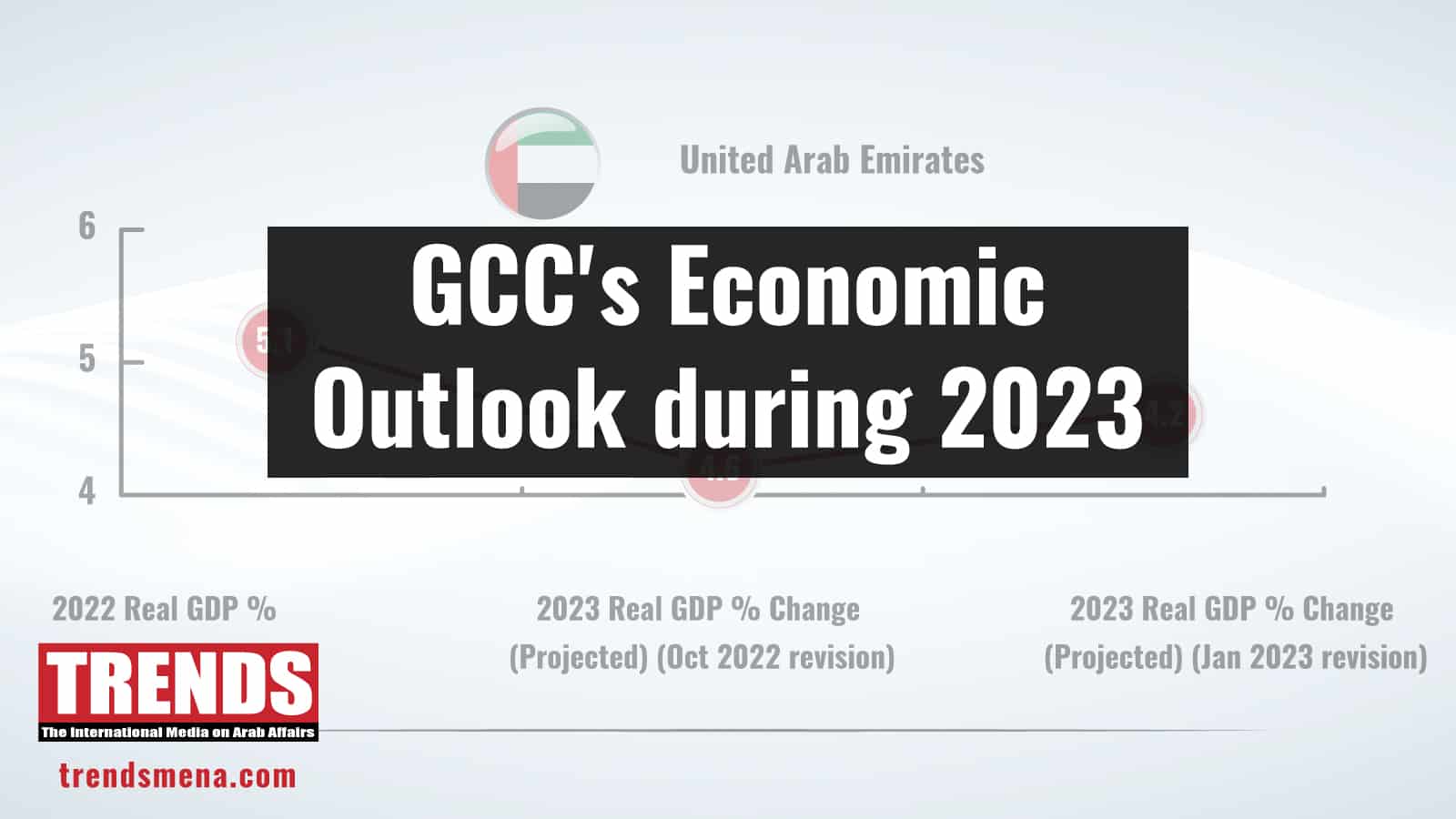Dubai, UAE—The global economy faces another period of uncertainty in 2023, with many countries expected to face recessions and continued inflation putting pressure on both government and household budgets. Some Middle Eastern countries are experiencing the full force of these headwinds. Nonetheless, the GCC appears to be an island of calm in this storm, as it appears to be bucking the trends of the predicted global recession, which is expected to hit at least a third of the world’s economies in 2023, according to the IMF. TRENDS takes a look at the country-wise economic outlook of the GCC states:









